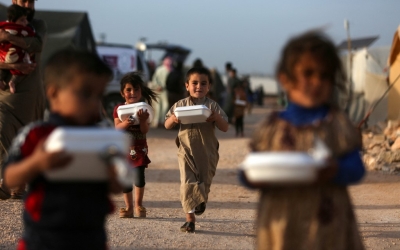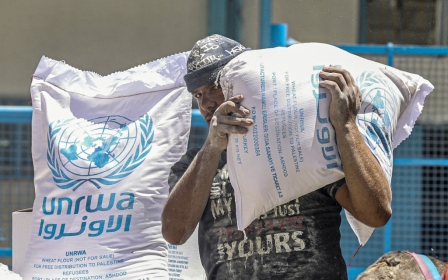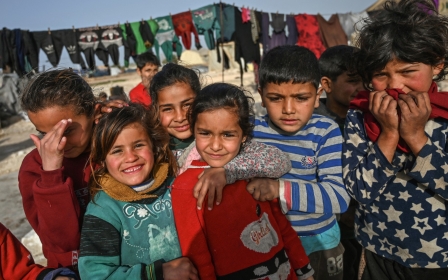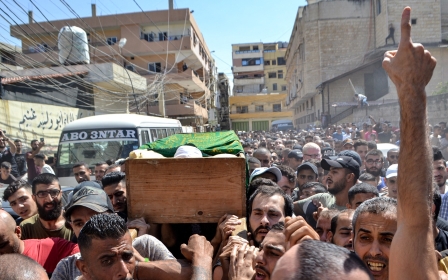Lebanon to resume returning refugees to Syria
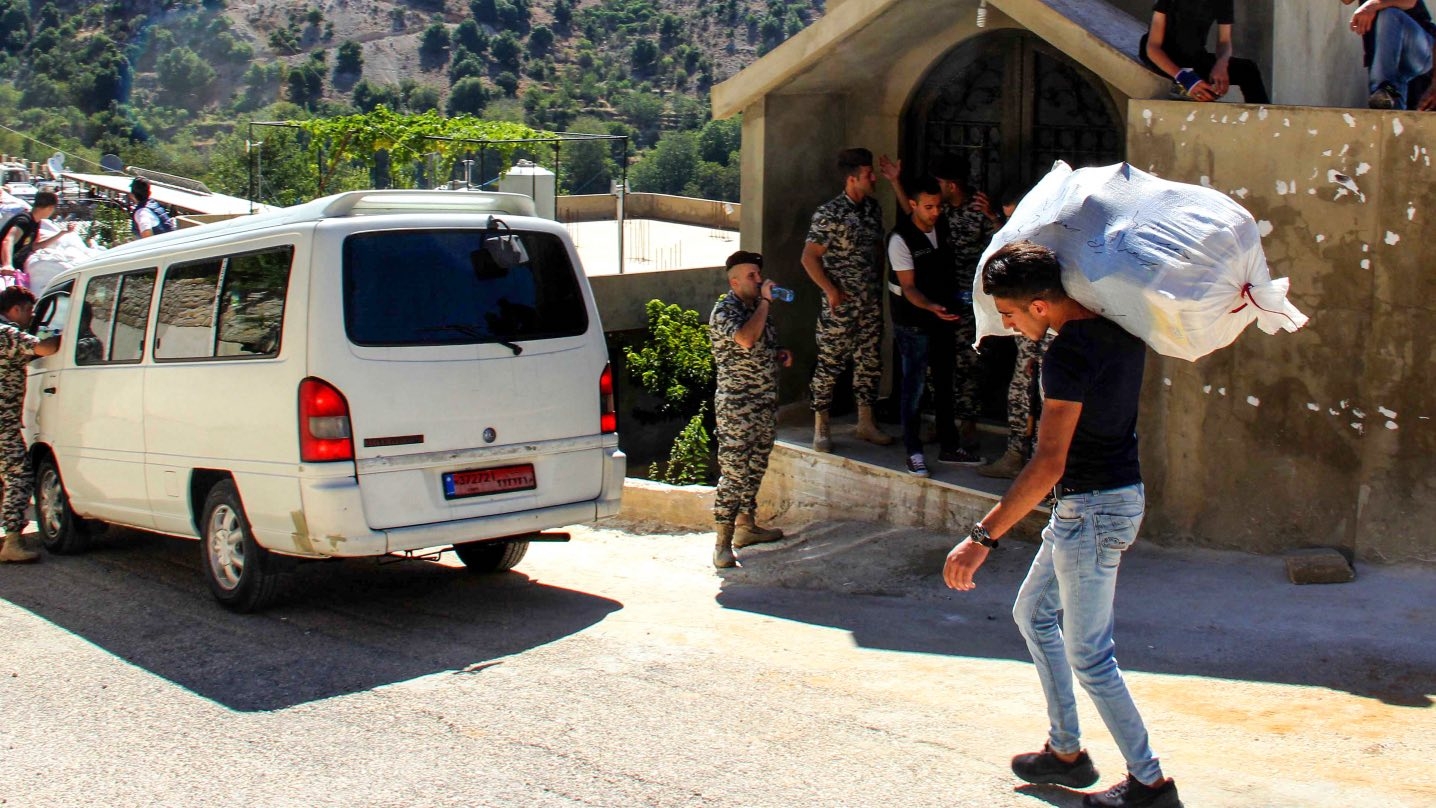
Lebanon's President Michel Aoun announced on Wednesday that the country will start sending Syrian refugees back home at the end of next week, even though rights groups and the United Nations have deemed Syria unsafe to return to.
"As of next week, we will see the start of returning Syrians to their home country in batches," the Lebanese presidency said in a Twitter post on Wednesday, without providing further details.
Abbas Ibrahim, the head of Lebanon's General Security agency which is responsible for the country's borders, said returns would be voluntary and based on a mechanism first used in 2018. He added the plan had been paused due to the Covid-19 pandemic.
"General Security will pick back up on the return plan for Syrian refugees who would like to go back," Ibrahim told Reuters.
The returns would only include those who had voluntarily signed up to go back with Lebanon's General Security agency, in coordination with the country's social affairs ministry, an official source told the news agency. Refugees would not be forced to leave.
Lebanon's minister for displaced people, Issam Charafeddine, announced in July a plan he said would seek to return some 15,000 refugees to Syria per month, basing his move on a claim Syria had become largely safe after more than a decade of war.
The plan would not involve the United Nations, which maintains that conditions in Syria do not allow for the large-scale return of refugees.
The Lebanon office of the UN refugee agency, UNHCR, said it was "not facilitating or promoting the large-scale voluntary repatriation of refugees to Syria".
In previous rounds of returns, the UNHCR had exercised a protection role, providing counselling and being present at departure points.
New York-based advocacy organisation Human Rights Watch (HRW) said in July that, contrary to Charafeddine's announced plans, "Syria is anything but safe for returnees".
"Syrian refugees who returned between 2017 and 2021 from Lebanon and Jordan faced grave human rights abuses and persecution at the hands of the Syrian government and affiliated militias," said Lama Fakih, director of HRW's Middle East division.
Now into its eleventh year, the conflict in Syria has unleashed a huge refugee crisis, with more than 5.6 million Syrians fleeing to neighbouring countries and more than one million living in Europe.
Earlier this year, Syrian President Bashar al-Assad issued a sweeping amnesty for a range of "crimes" - including those allegedly committed by Syrians who fled their country during the conflict.
Syrian authorities have also said they have eased measures for those who have fled compulsory military service, a major push factor for young men fleeing Syria, including to Lebanon.
But the UN has warned that those guarantees are not sufficient.
In its September report, the UN's Syria commission said: "The Syrian Arab Republic is still not a safe place to return."
Syria's neighbours, however, have become increasingly frustrated with the financial strain of hosting so many refugees.
Lebanon, which is in the throes of a financial crisis the World Bank has deemed as one of the worst since the 1850s, hosts an estimated 1.5 million Syrian refugees. Before the war, it had a total population of less than five million.
In May, Turkish President Recep Tayyip Erdogan also announced plans to return one million Syrian refugees to northern Syria.
Middle East Eye delivers independent and unrivalled coverage and analysis of the Middle East, North Africa and beyond. To learn more about republishing this content and the associated fees, please fill out this form. More about MEE can be found here.


